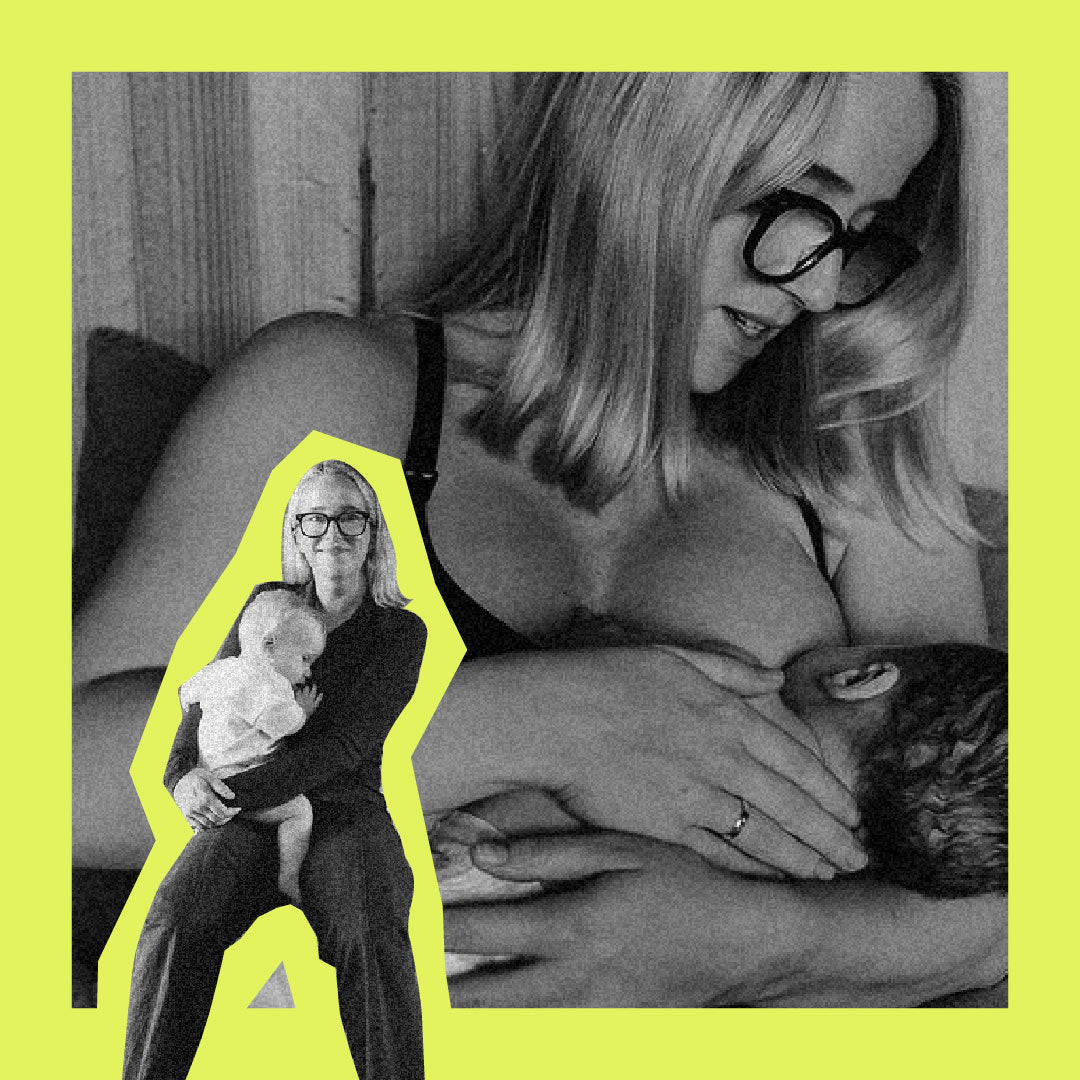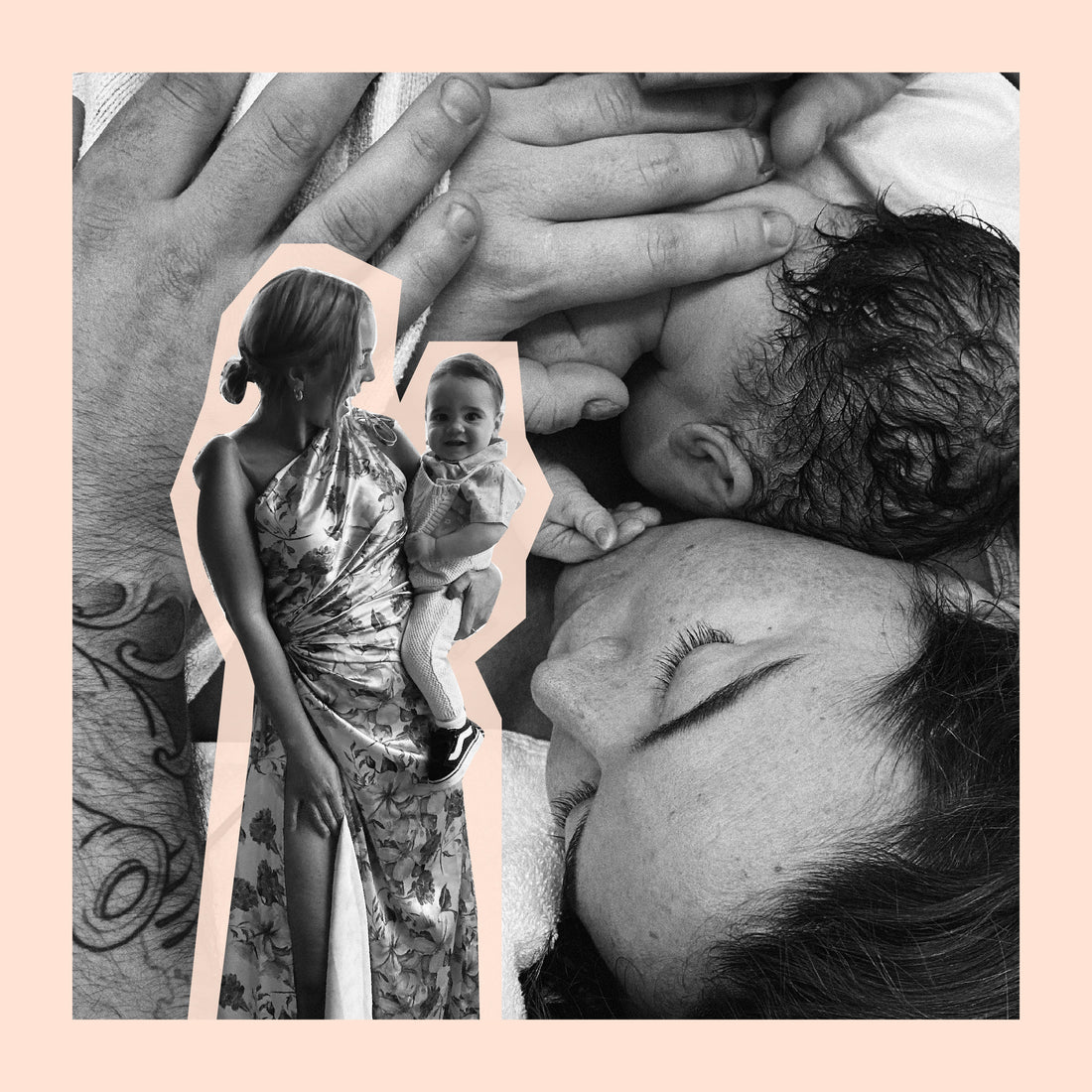On our need to acknowledge our own part in the problem
Something I’ve been thinking a lot about lately is how the argument for needing things to be done “our way” is further perpetuating gender roles in the home.
For example: My husband unstacks the dishwasher, cleans the kitchen, and makes me a coffee before he leaves for work every morning. If our son has woken during that time, he also gets him up, changes him and brings him to me for his morning breastfeed.
I used to think that if he really cared about me, he would organise our home exactly the way I like it. Pots stacked to the right, sieves and strainers to the left; none of this unhinged, mix and match stacking in our cupboards and drawers. But now, I’m not so sure. If a household relies on both of us to be a team, why should I get to call the shots on how the pots are stacked? Would I prefer that he leaves it all for me to do? Absolutely not.
It’s exactly the same with parenting. We tend to spend more time at home if we’re breastfeeding and therefore are the ones taking the parental leave so we learn on the job quicker. It’s not because we’re more in tune with parenting, it’s simply, because we spend more time with the baby.
"So, if we don’t let them navigate parenting their way and expect them to do everything our way, no one is going to learn and the load will continue to pile on our already tired shoulders. What I’ve learned is that if I don’t want to be the director of our house and our baby, I need to stop acting like I am."
I believe one of our greatest challenges is learning how to let go in order to share the load. I think this in turn helps to rid ourselves of the unofficial house manager role that society has placed on us for centuries.





















